As a teacher or parent, you’ll want to do everything you possibly can to keep your children and students safe at all times.
But what do you do when you’re faced with a safeguarding situation and unsure what the best course of action is?
In this article, we’ll take a look at some real-world safeguarding scenarios that parents and teachers have faced, and we’ll also provide some guidance and answers on the best way to handle each situation.
Safeguarding Scenarios and Answers for Teachers
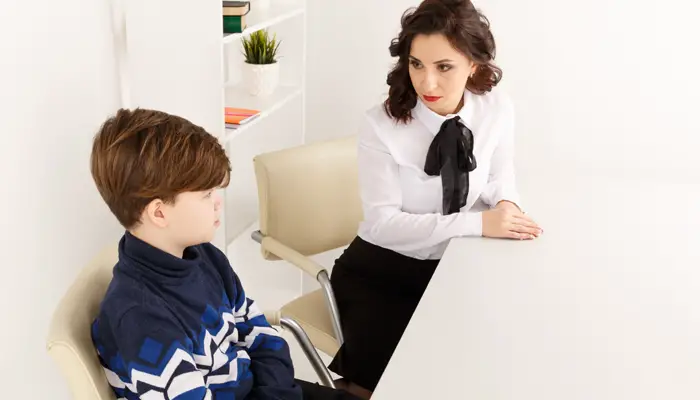
Scenario 1: You overhear two students planning to bully another student.
If you overhear two students planning to bully another student, it’s important to intervene immediately. Pull the two students aside separately and explain why what they’re doing is wrong.
Help them understand how their actions will impact the victim both short-term and long-term. If necessary, involve other adults, such as a school counsellor or their parents, in order to get the students the help they need to change their behaviour.
Scenario 2: A student confides in you that they are being physically abused at home.
If a student confides in you that they are being physically abused at home, the first thing you should do is thank them for trusting you enough to tell you.
Let them know that you take what they’ve said seriously and that you want to help. Reassure them that they are not alone and that there are people who can help.
The next step is to contact someone who can provide professional help, such as a school counsellor or social worker. They will be able to provide the student with immediate assistance and connect them with long-term resources, if necessary.
See Also: Safeguarding Interview Questions for Teachers
Scenario 3: A student tells you that another student has been posting mean things about her on social media.
If a student tells you that another student has been posting mean things about her on social media, the first thing you should do is reassure the victim that she is not alone and that what happened is not her fault.
Let her know that you take what she’s said seriously and that you want to help. The next step is to contact the perpetrator privately and explain why their behaviour is unacceptable.
If they refuse to stop or if the harassment continues, involve other adults, such as a school counsellor or administrator, who can take appropriate disciplinary action.
Safeguarding Scenarios and Answers for Parents
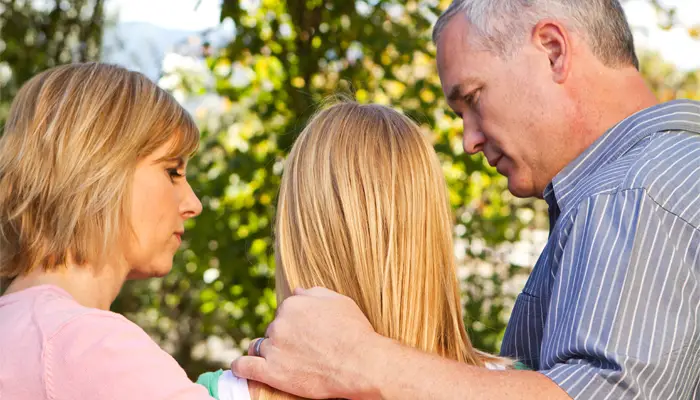
Scenario 1: Your child tells you that one of their friends has been touched inappropriately by an adult.
If your child tells you that one of their friends has been touched inappropriately by an adult, the first thing you should do is believe them.
It’s important that your child knows they can come to you with anything that’s happening in their life, no matter how difficult it may be to talk about.
Once you’ve talked to your child, report the incident to the police or Childline UK so that appropriate action can be taken.
Scenario 2: You find out that your child has been viewing inappropriate content online.
If you find out that your child has been viewing inappropriate content online, the first thing you should do is talk to them about it.
Explain why the content they were viewing is inappropriate and help them understand why it’s important to only view age-appropriate material.
If they continue to view inappropriate content, you may need to consider restrictions on their internet usage or speak to a professional for help.
Scenario 3: You find out that your child has been sharing personal information about themselves and their family online.
If you find out that your child has been sharing personal information about themselves and their family online, the first thing you should do is talk to them about it.
Explain why it’s important to keep personal information private and help them understand why they should only share it with people they know and trust.
If they continue to share personal information online, you may need to consider restrictions on their internet usage or speak to a professional for help.
Wrapping up:
Teachers and parents play a vital role in safeguarding children from harm. But it’s not always easy to know what the best course of action is, especially when confronted with a difficult situation.
We hope this article has given you some guidance on how best to handle some common safeguarding scenarios.


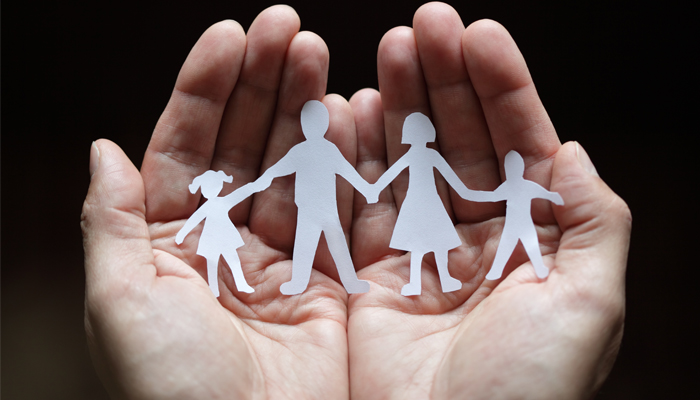
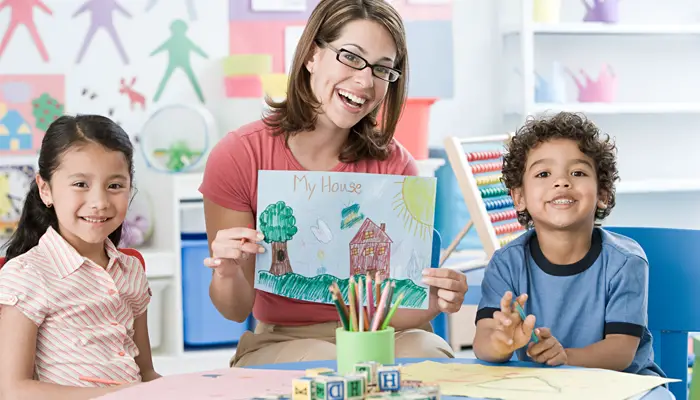

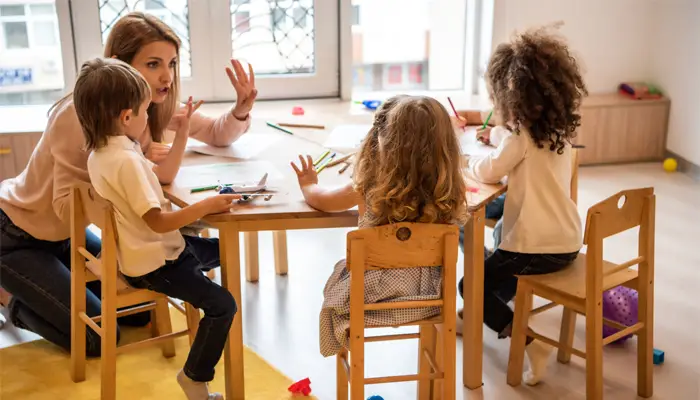
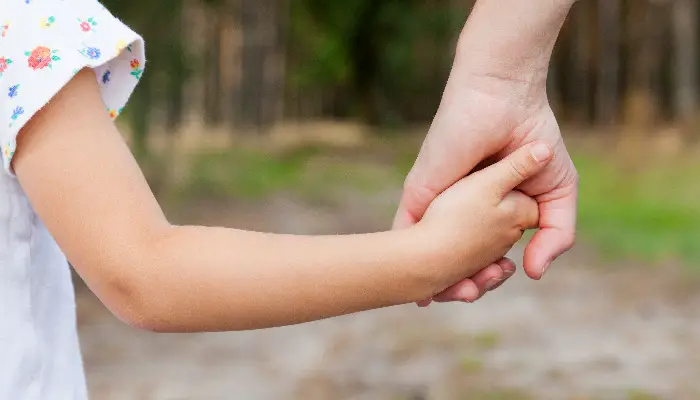
Leave a Comment